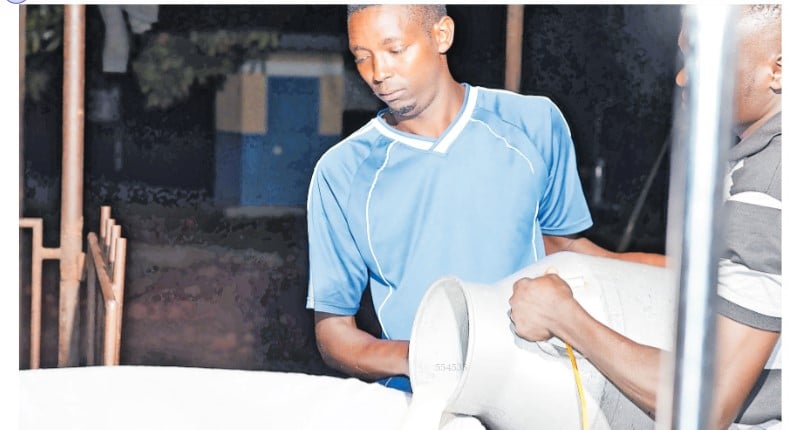Prime
Exclusive breastfeeding can save 1.5 million children from death annually

Exclusive breastfeeding for at least six months can save up to 1.5 million child deaths across the globe, the World Health Organisation has said. As part of the World Breastfeeding Week which ended on August 7, WHO called on health facilities and health workers to encourage mothers to promote exclusive breastfeeding which can potentially improve their babies’ health and chances of survival.“It is estimated that around 35 per cent of infants aged zero to six months are exclusively breastfed in the world today,” said Dr Elizabeth Mason, who heads the department of maternal, newborn, child health and development at the WHO.
“But if all babies and young children were breastfed exclusively for their six months of life and then given nutritious complimentary food with continued breastfeeding up to two years of age, the lives of an additional 1.5 million children under-five would be saved every year,” she added. Health experts say breast milk is the ideal food for newborns and infants because it gives babies the nutrients they need for healthy development. Breast milk also contains antibodies that help protect infants from common childhood illnesses and better resistance to cope with them.“Improved health outcomes in young children have long-lasting health effects throughout the life-span, including increased performance and productivity, and reduced risk of certain non-communicable diseases,” WHO says.
According to WHO, malnutrition is responsible for about one third of deaths among children under five-with most of the deaths associated with inappropriate feeding practices which occur during the first year of life. Childhood malnutrition remains a big challenge to health in Uganda and it is one of the leading causes of morbidity and mortality. The state of the Uganda population report 2008, which is produced by the Population Secretariat notes that at least 38 per cent of all Ugandan children under the age of five are stunted. Another six per cent are wasted, meaning they have low weight for their height while 16 per cent are under weight-meaning that they have low weight for their age.
WHO says because many mothers lack counselling on breast feeding, most of them stop exclusive breastfeeding within a few weeks of delivery. Health experts also recommend that children born to HIV-positive mothers be exclusively breastfed for up to six months to help safeguard their nutritional status but also significantly reduce their chances of contracting HIV from their mothers.




